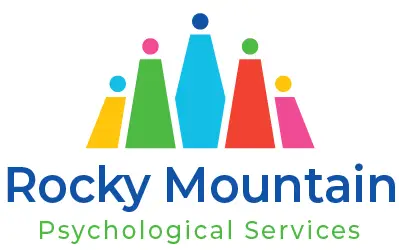Frequently Asked Question
How is a complex assessment different from a standard one?
A complex evaluation involves additional testing, interviews or questionnaires to help to get to the bottom of complex issues such as learning disabilities, mental health issues, trauma, etc.
How long does the process take?
The process typically takes four to eight weeks, depending on scheduling and the speed at which we receive the questionnaires.
Can you work with schools outside Calgary?
Yes. We work with families across Alberta. Some or possibly all of the assessment may be able to be completed virtually (discuss with your assessment psychologist whether this option is a fit for your child and situation). Our reports are recognized by schools and universities throughout the province, nationally, and internationally.
Will the results help with school accommodations?
Yes. They can support Individualized Program Plans (IPPs) and other accommodations, especially for students with multiple areas of need.
Do you also assess adults?
Yes. We work with post-secondary students and adults who seek a deeper understanding of learning differences, attention concerns, or other challenges that may be impacting their performance. Our reports can be used to access accommodations for college and university programs as well as for professional exams (e.g., accounting).
What if I need a psycho-educational assessment but cannot travel to Calgary?
If traveling to our Calgary office is not possible, we may be able to offer secure online assessment options to ensure you can still access high-quality support. In some cases, we may also collaborate with local professionals to coordinate parts of the process, making assessments accessible to families across Alberta.

